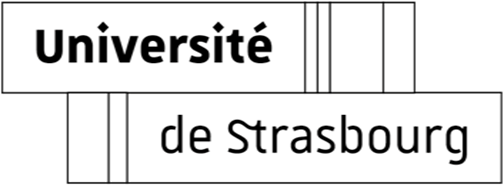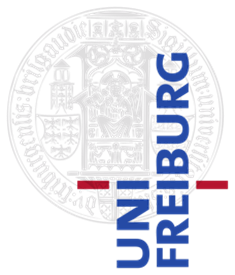EUCOR English: 15th Annual EUCOR English Trinational MA and PhD Conference
Forty MA and PhD students from the English Departments of the Universities of Strasbourg, Freiburg, Haute Alsace and Basel will give papers and present their research.
Keynote speaker: Lianne Habinek (University of Strasbourg Institute for Advanced Study)
Title of Lianne Habinek's keynote address: "The Bookish Brain: How to read the Renaissance brain"
Abstract: Flap anatomies are one of the early modern period’s stranger print innovations: they invite the reader to become a paper anatomist by lifting successive layers of the human body, and they popularize contemporary anatomical understanding. Given the centrality of the brain to anatomical and philosophical study, why were there almost no flap representations of the organ? I propose as an artifact a curious example of plagiarism: in the late 17th century, a revised English edition of Johann Remmelin’s resplendent flap-book Captoptrum microcosmicum appeared in London, with new (miniaturized) pictures of the brain pilfered directly from Thomas Willis’s and Christopher Wren’s Cerebri anatome (England’s first dedicated neuroscientific text). How these two texts collided raises important questions about the relationship between scientific advances and print culture. With Wren’s iconic drawings of the brain, readers of the Catoptrum could “read” the brain like a book.
Bio: Lianne Habinek is currently a Fellow at the Institute for Advanced Study at the University of Strasbourg. She is the author of The Subtle Knot: Early Modern British Literature and the Birth of Neuroscience (McGill-Queen's UP, 2018); her work has also appeared in journals such as Textual Practice, Shakespeare Studies, and Configurations. She has held fellowships from the National Endowment for the Humanities, Wellesley College, and the Wellcome, Huntington, Folger Shakespeare, and Yale University Medical Libraries. Her current book project connects early modern experiments in interactive paper engineering to modern cognitive studies in reading practices.
Contact: Monica Manolescu (EUCOR correspondent, University of Strasbourg)




